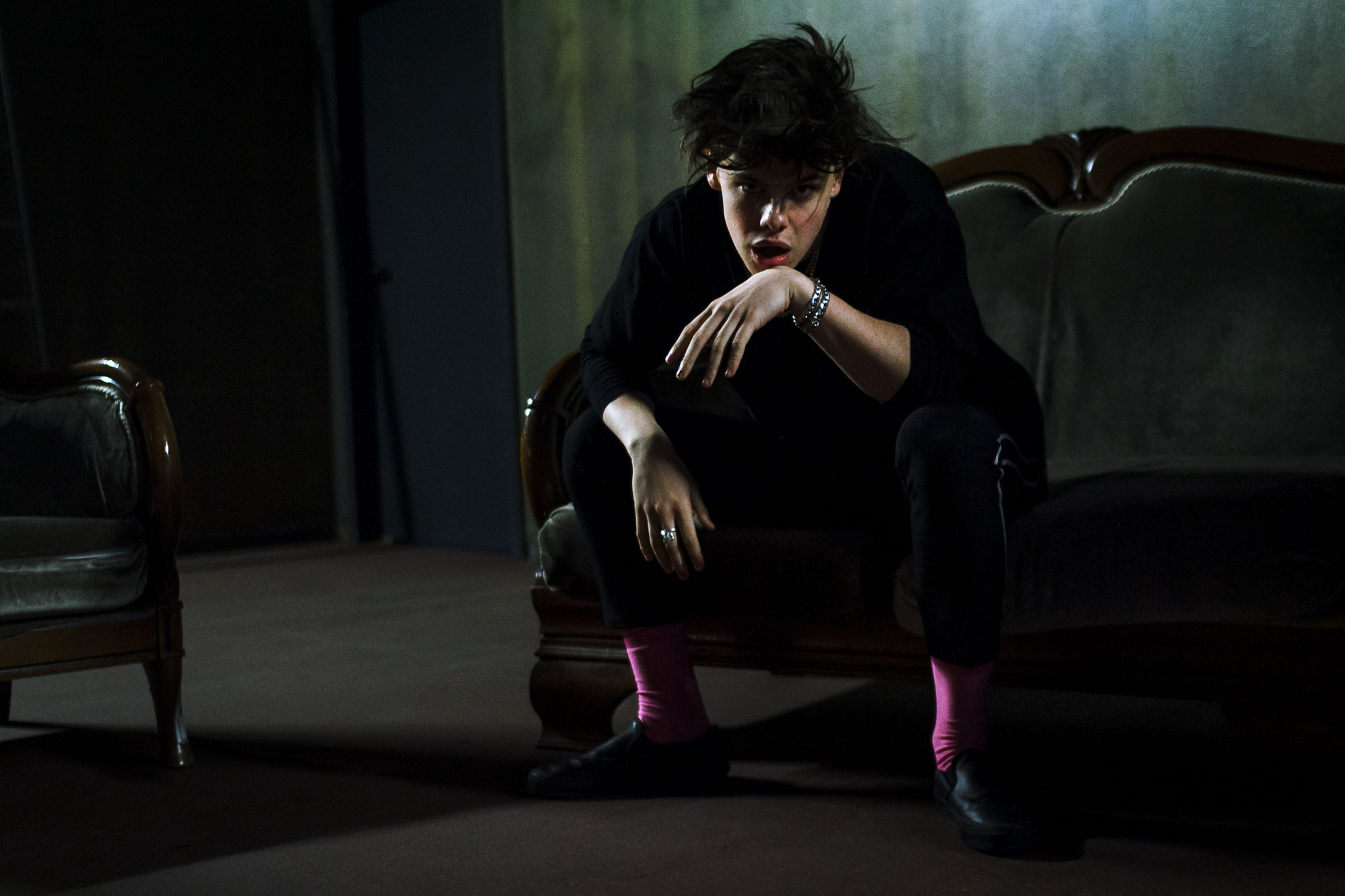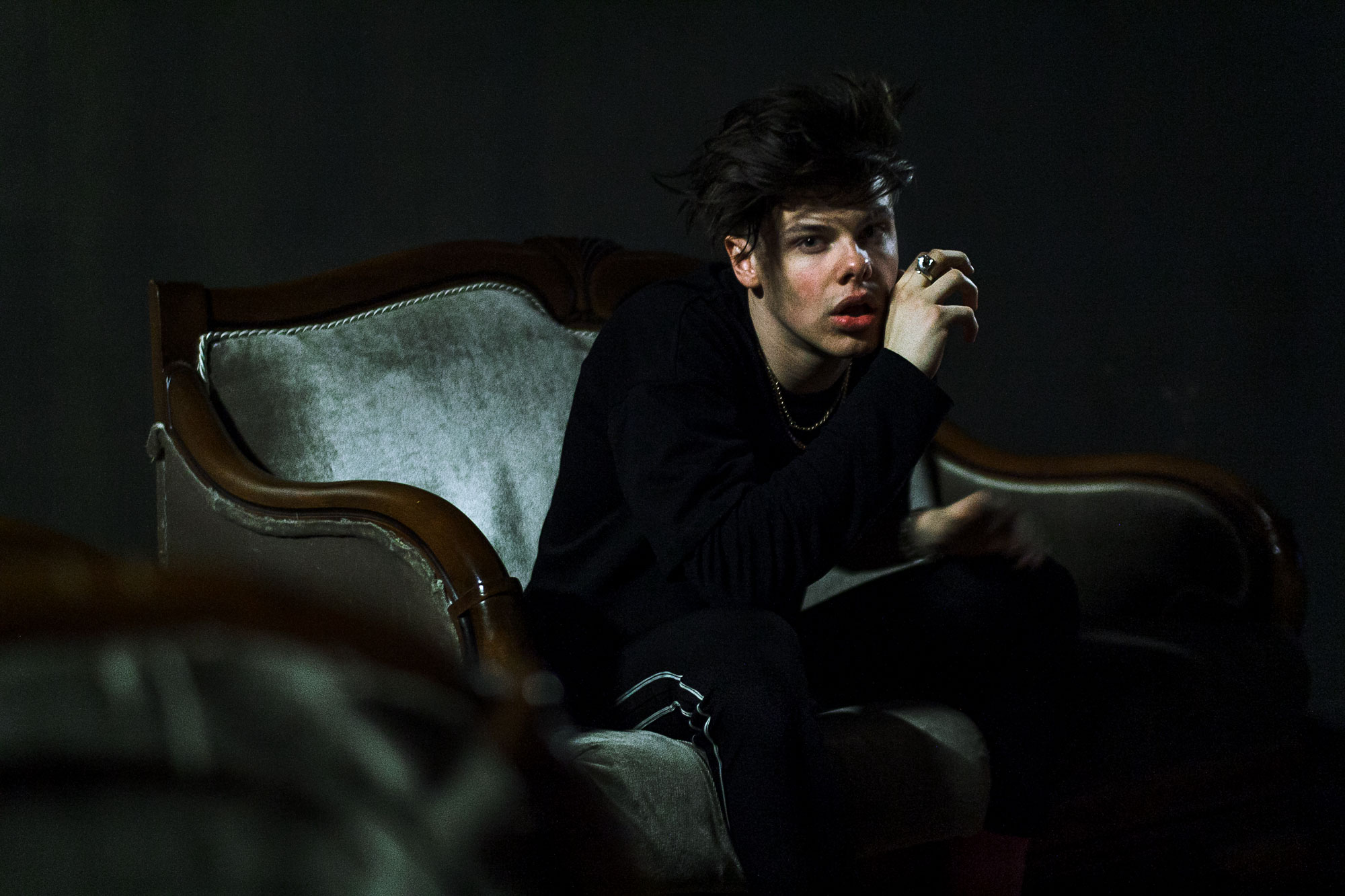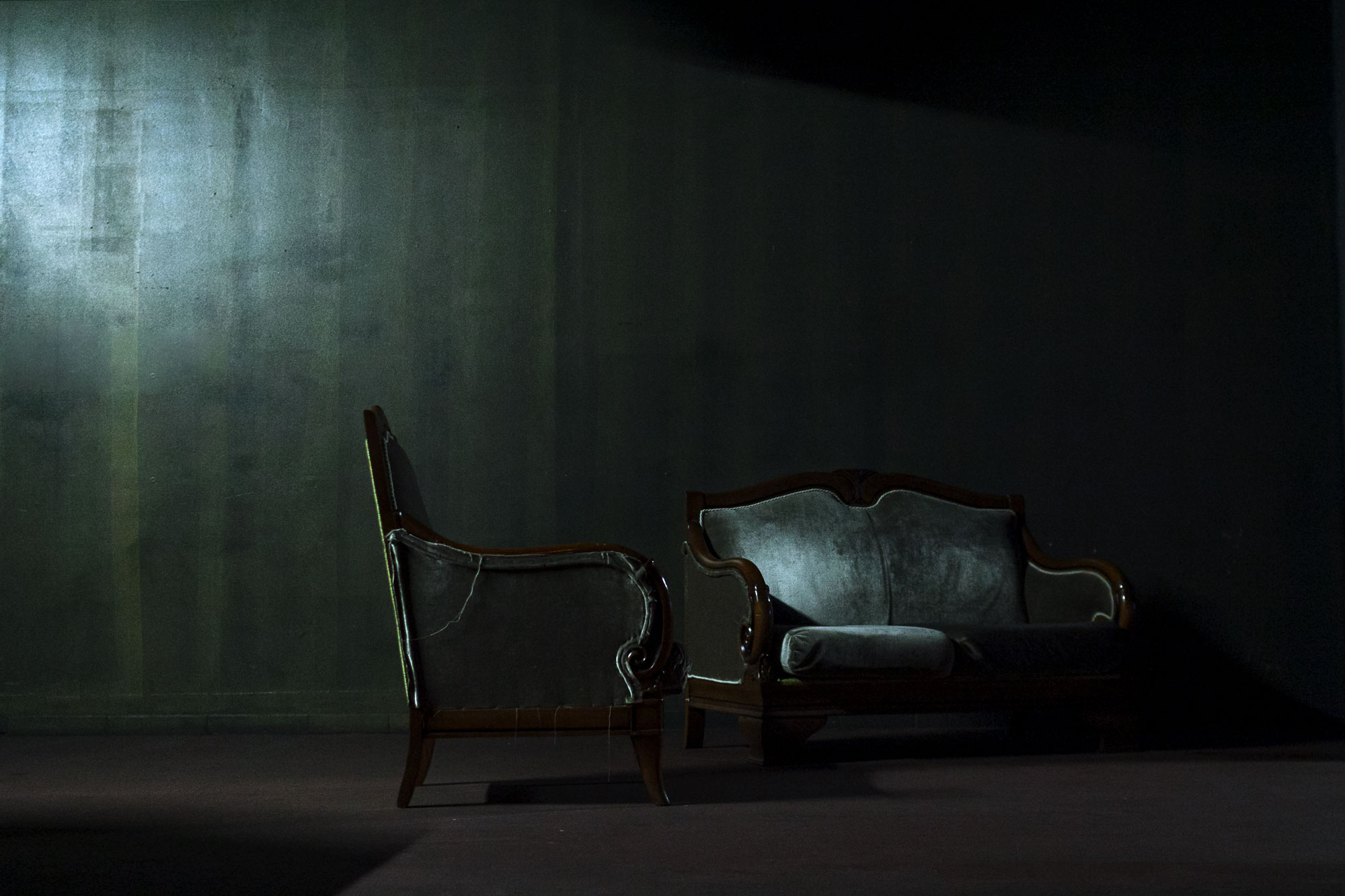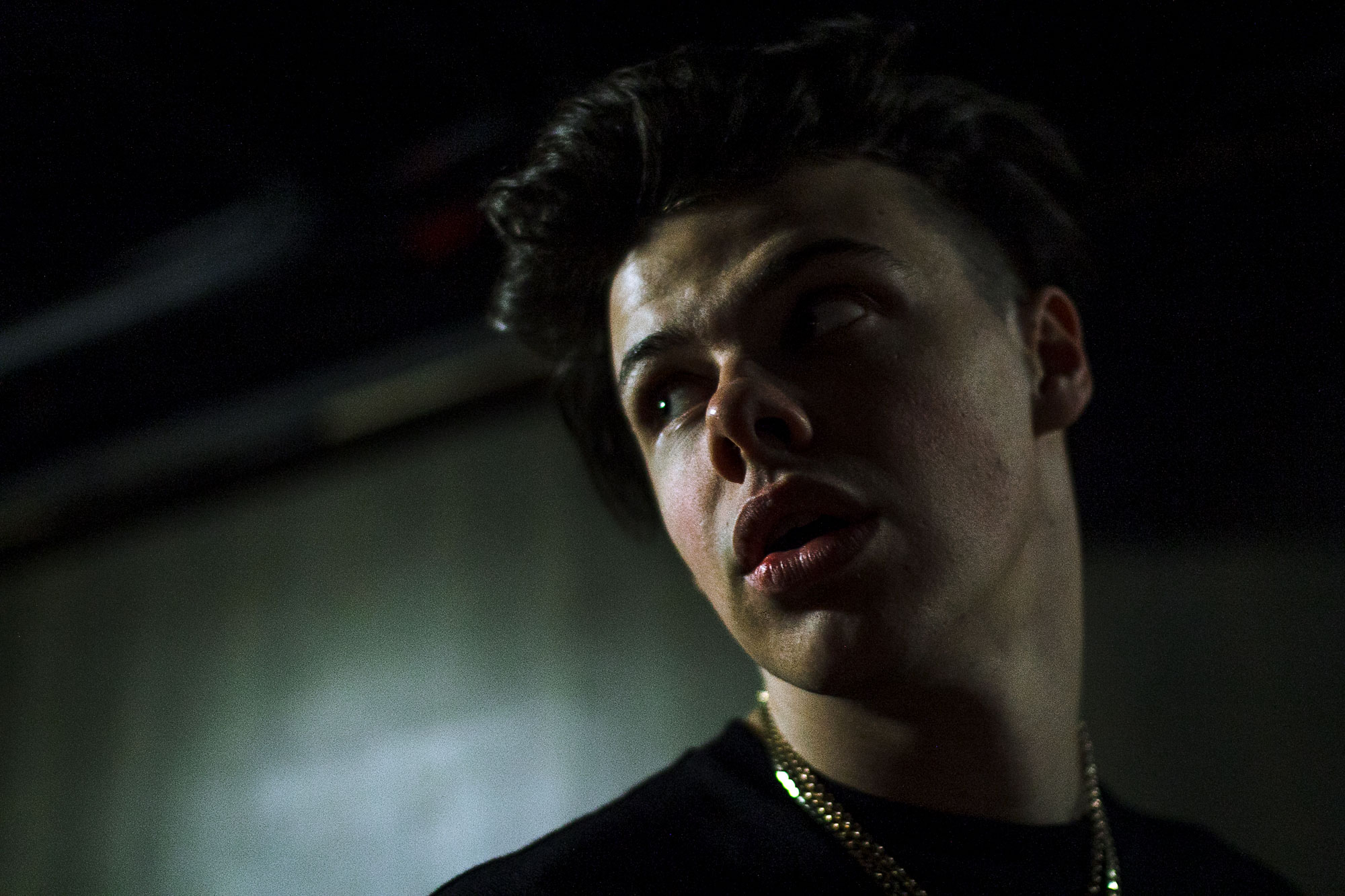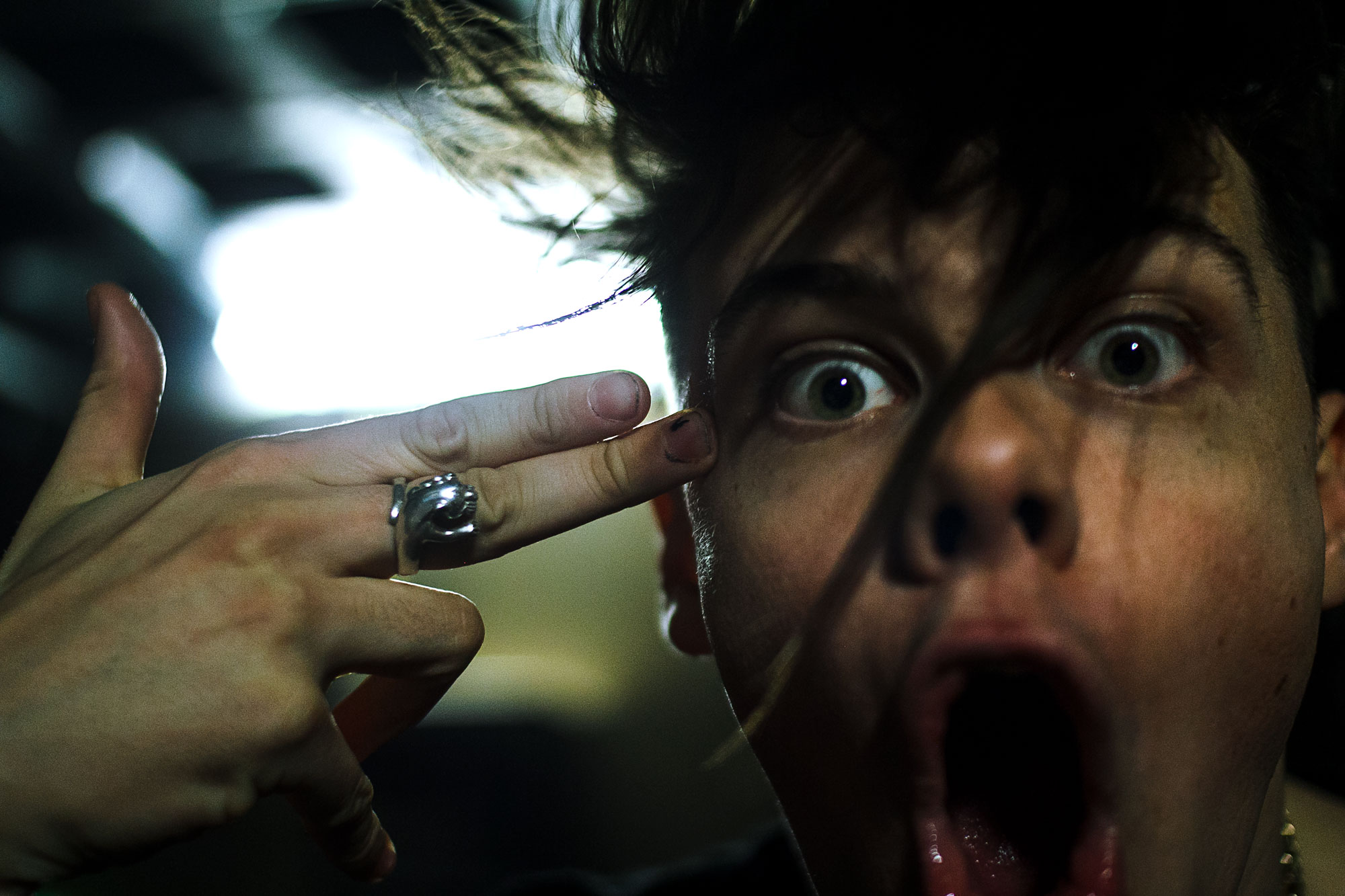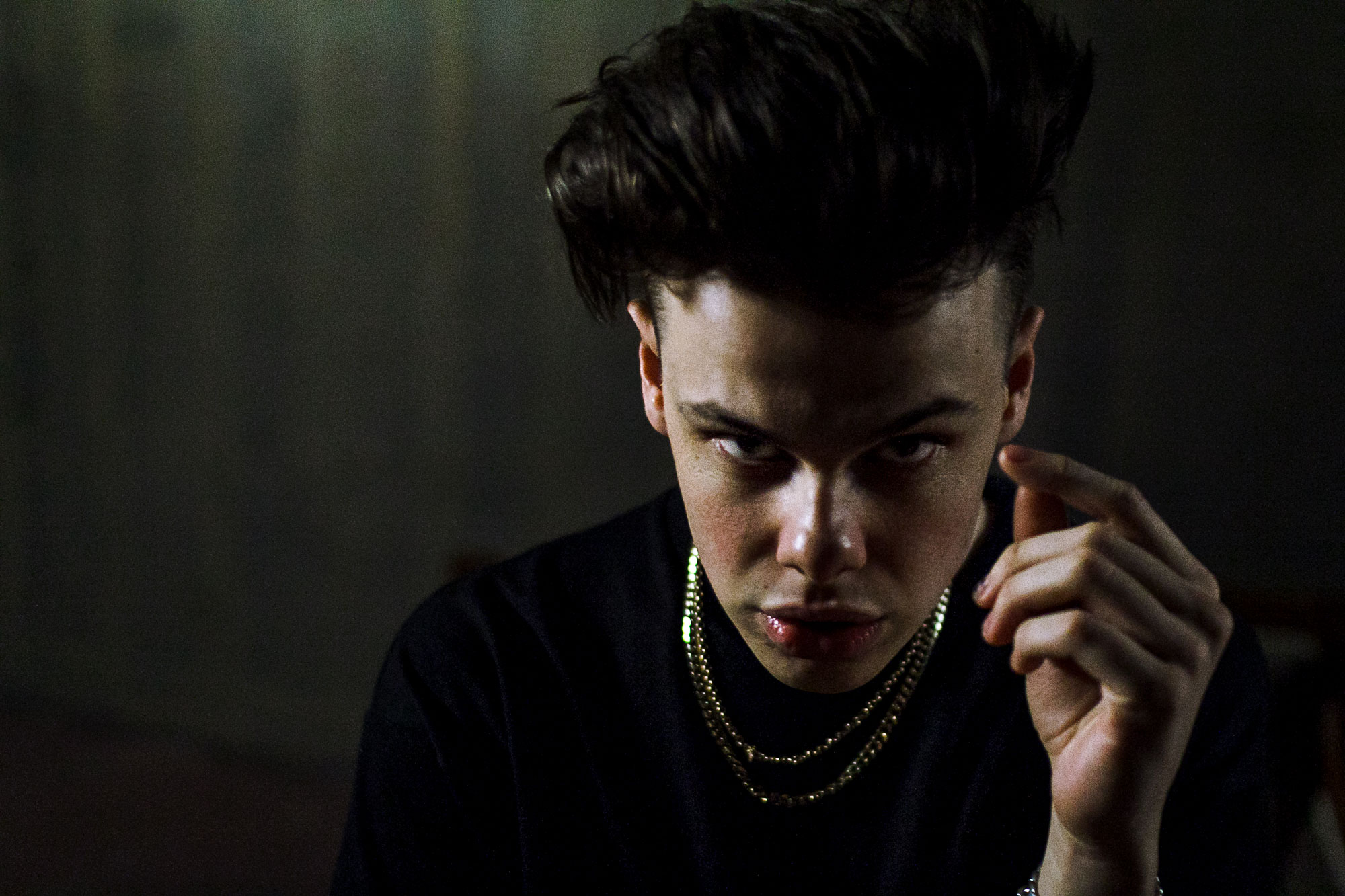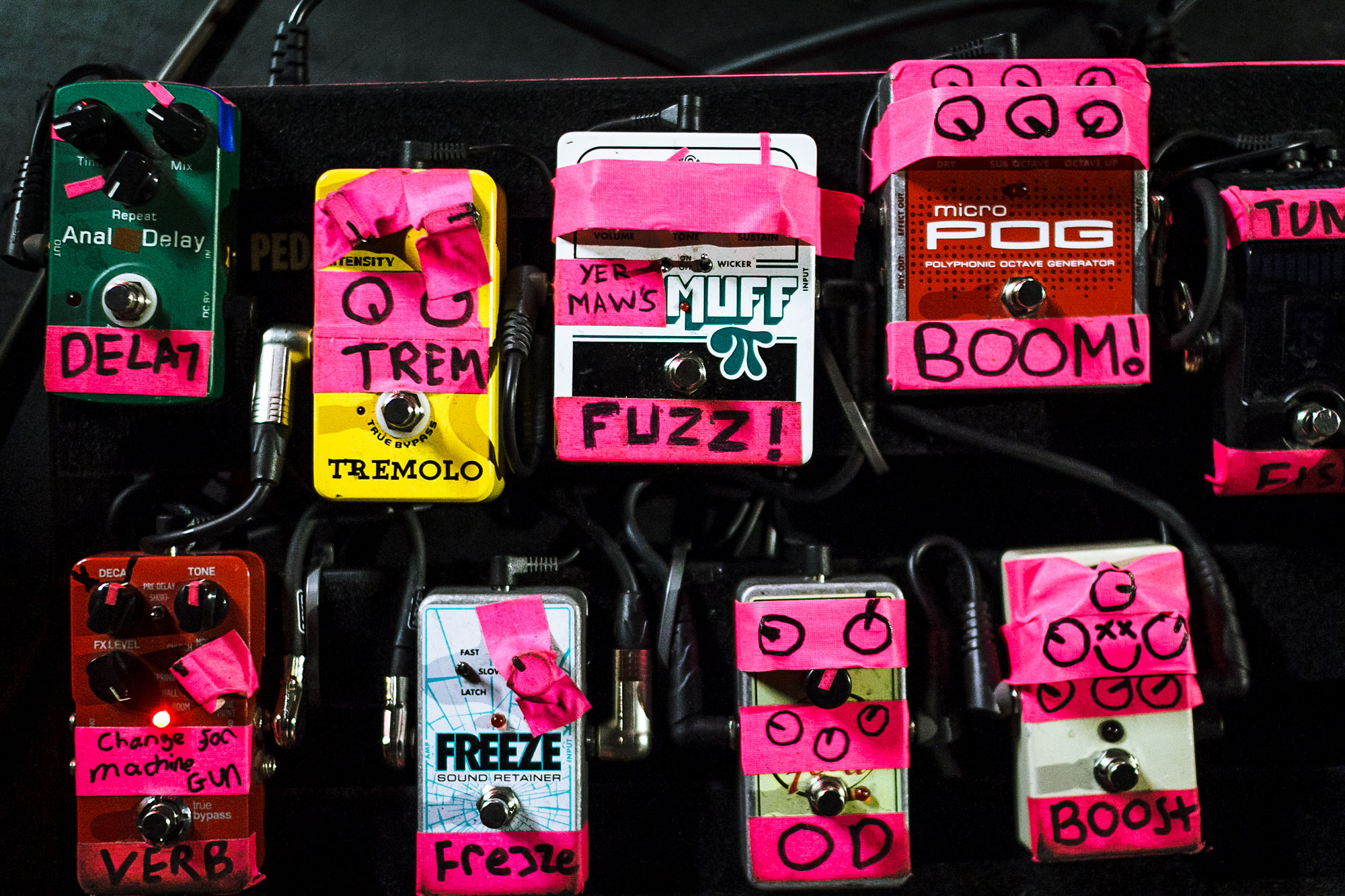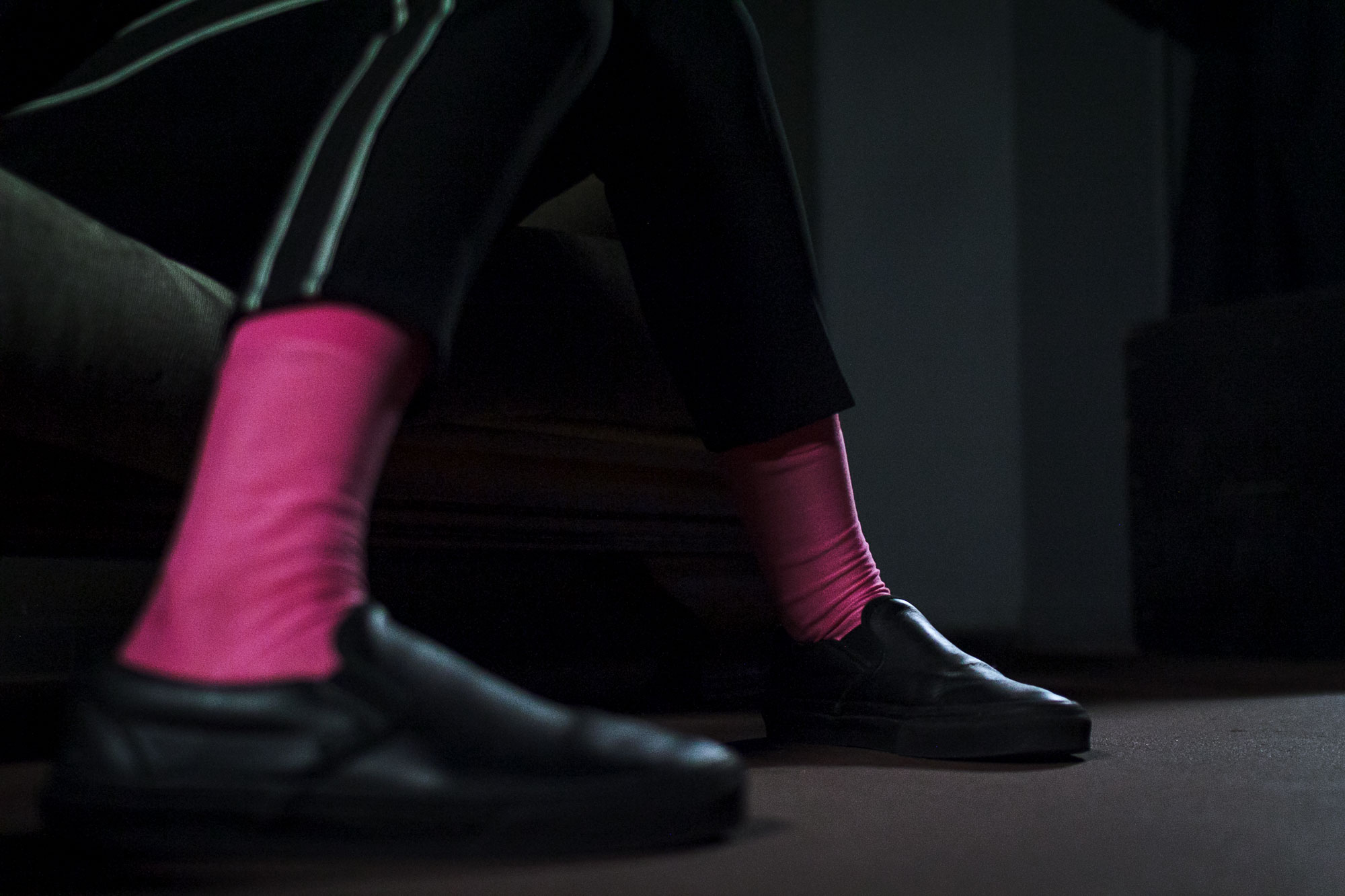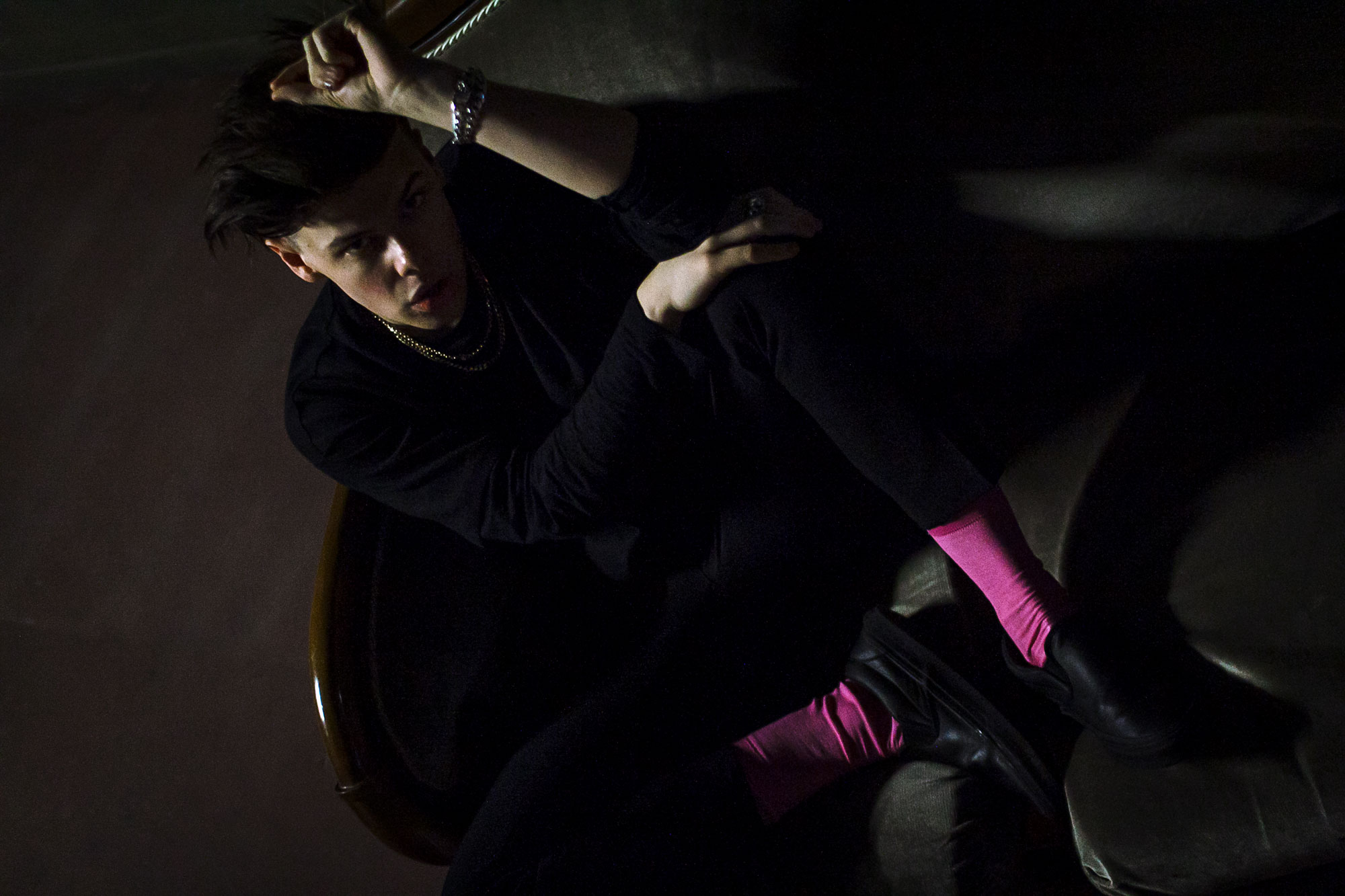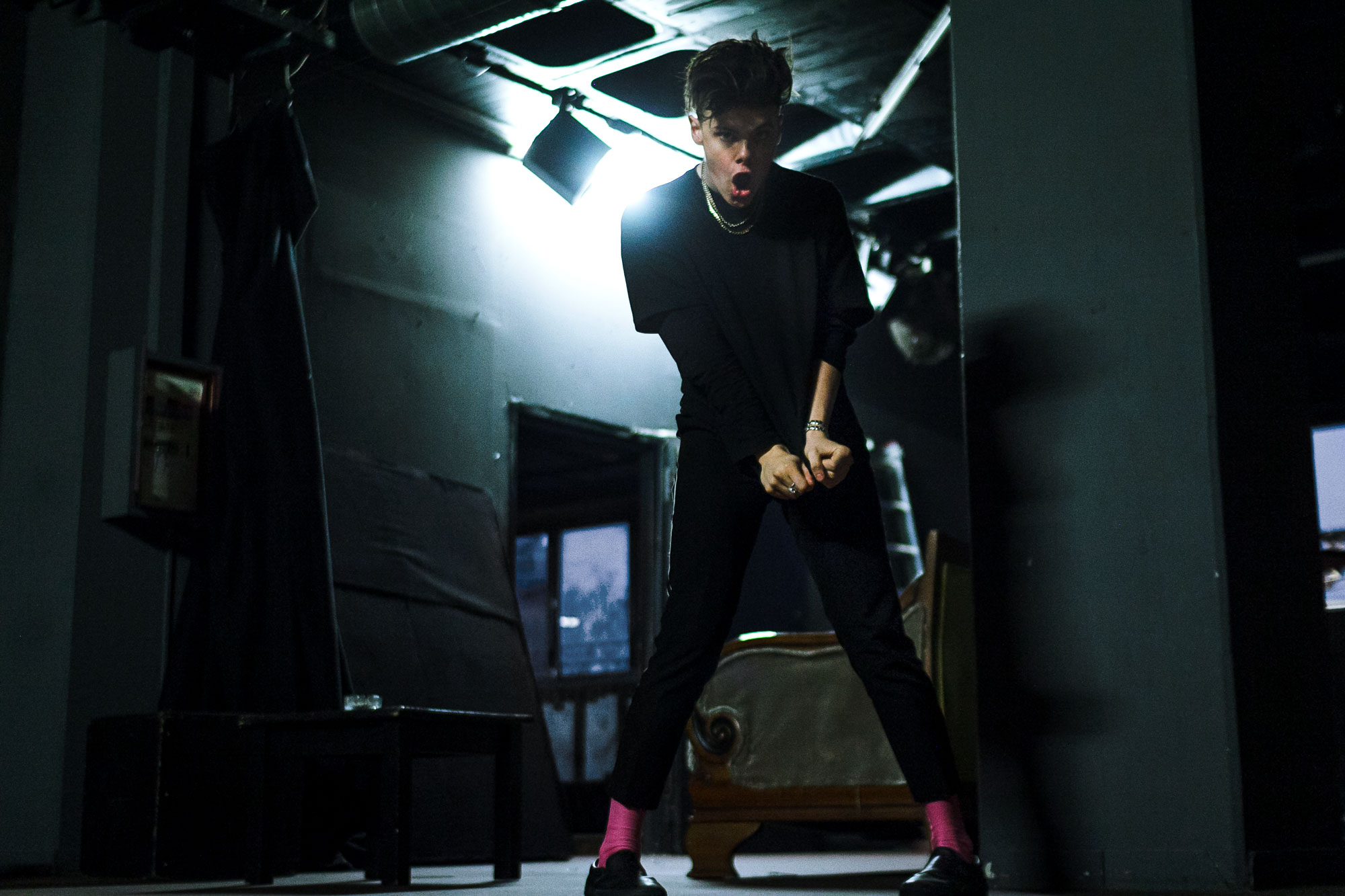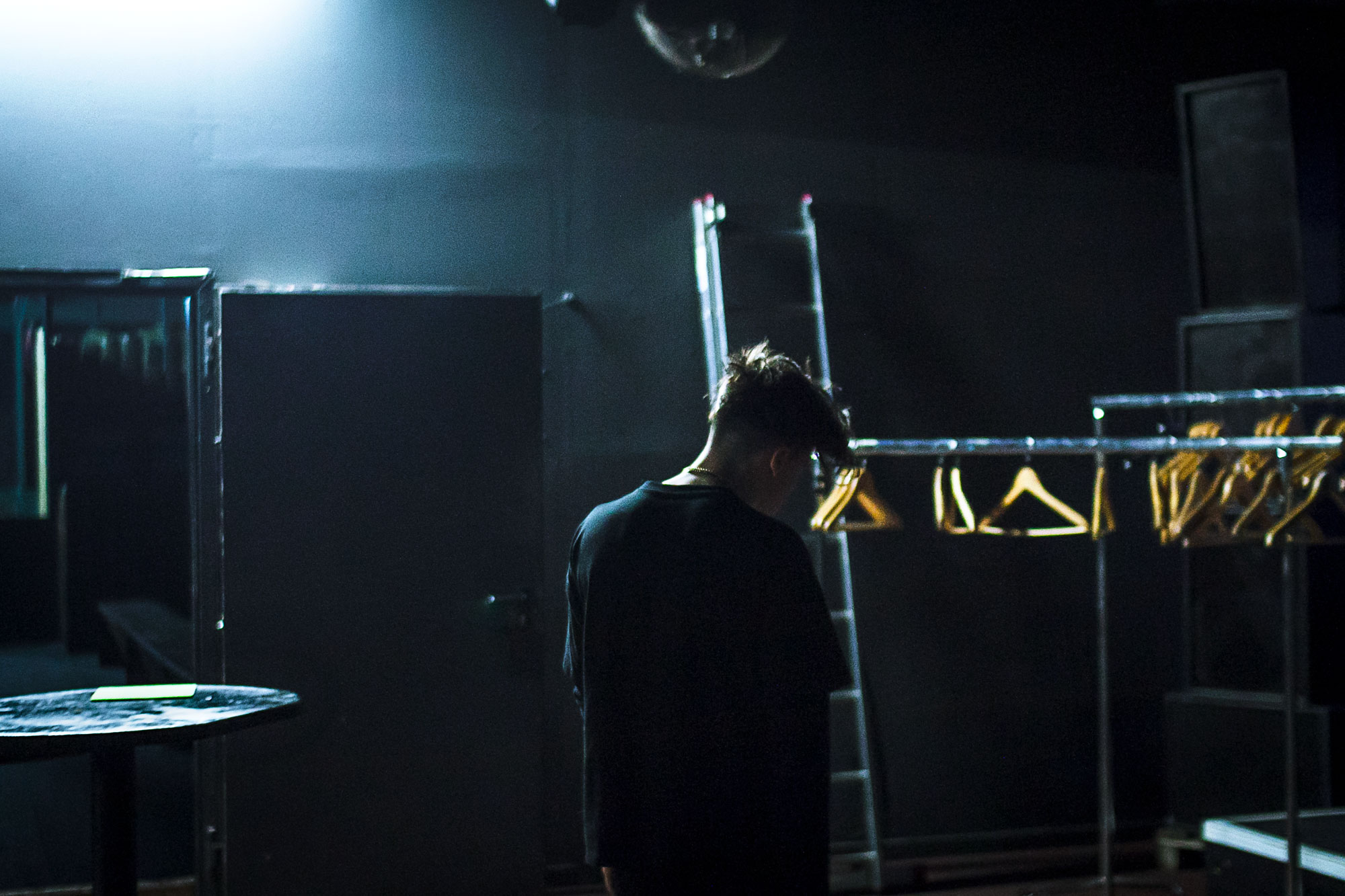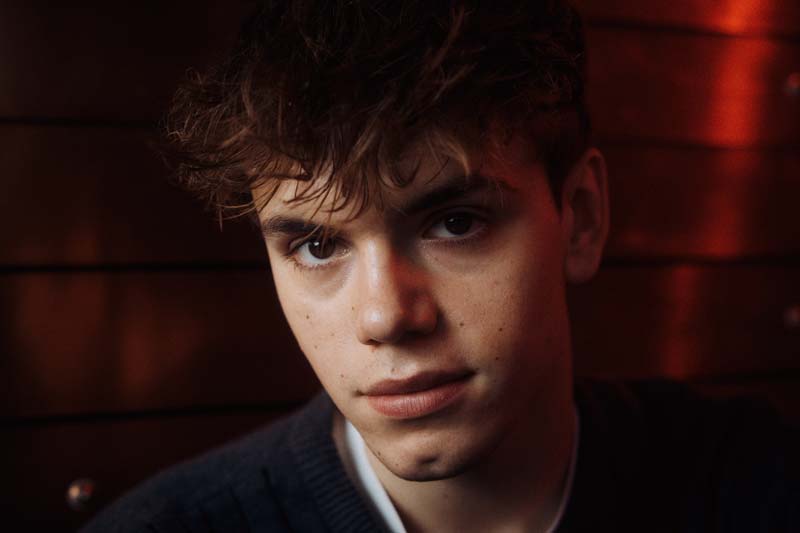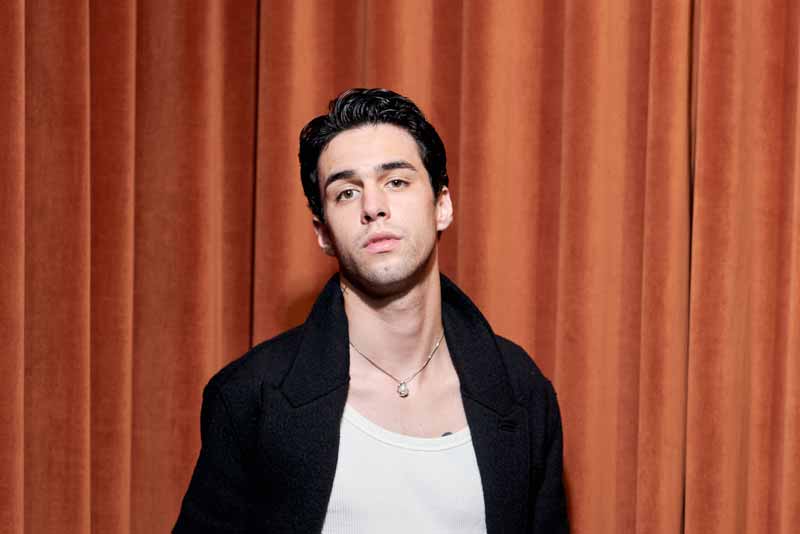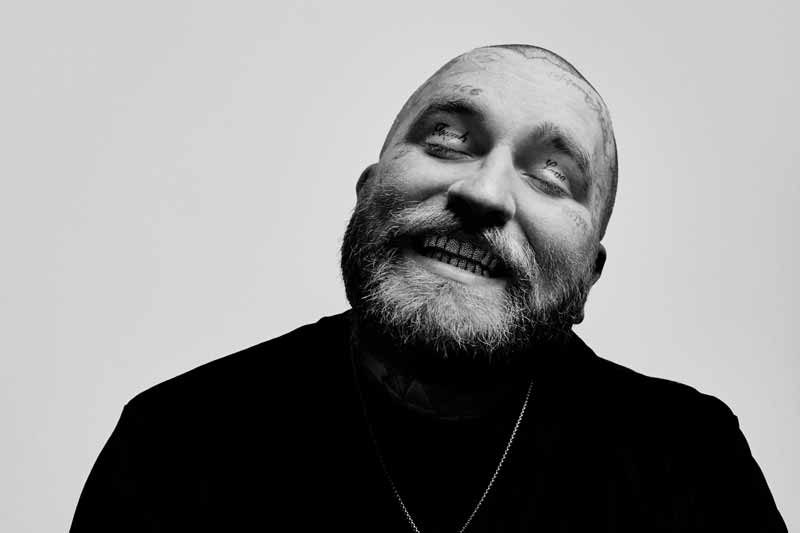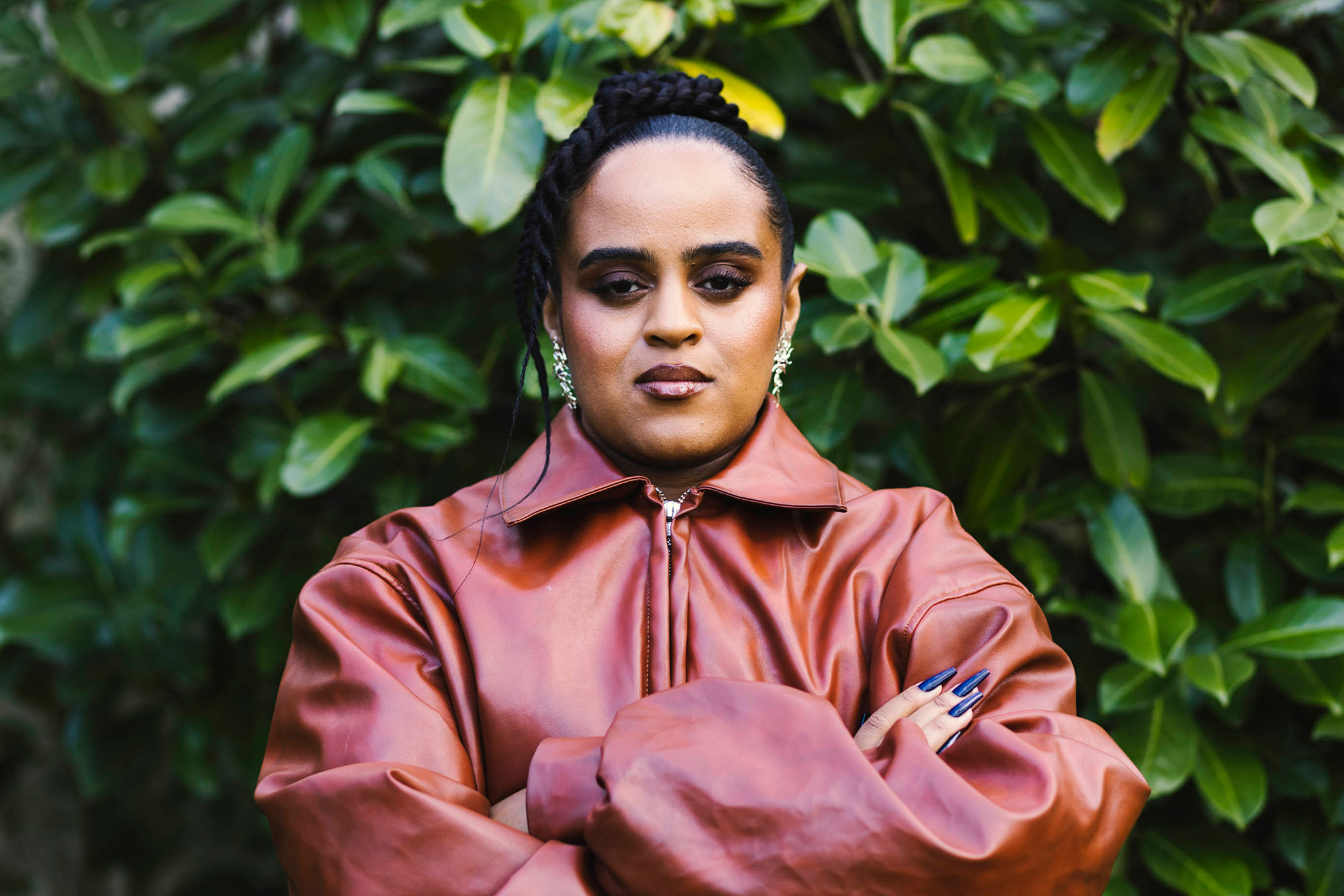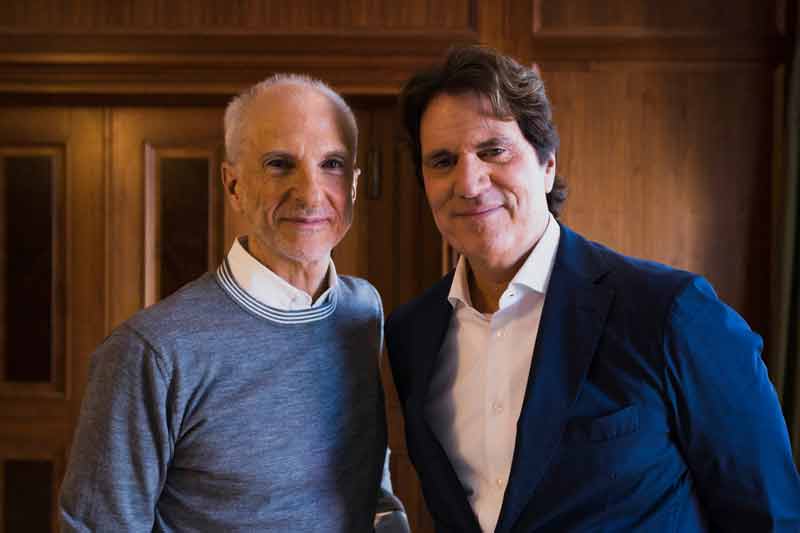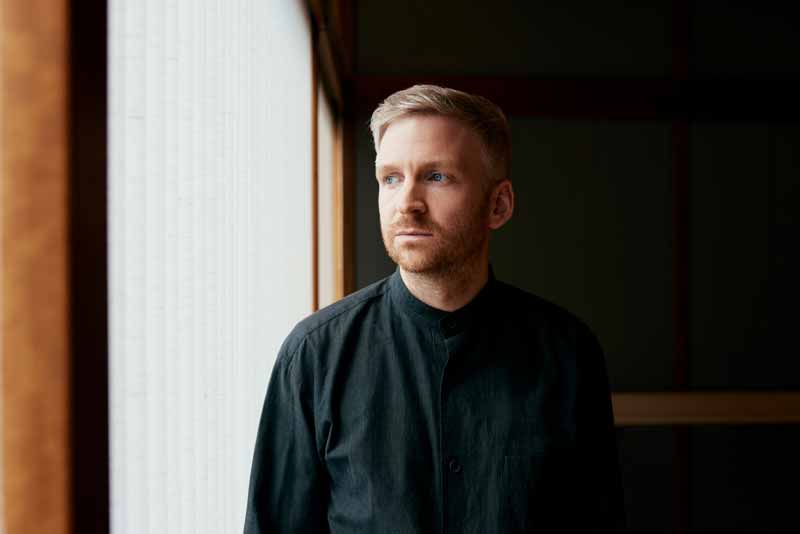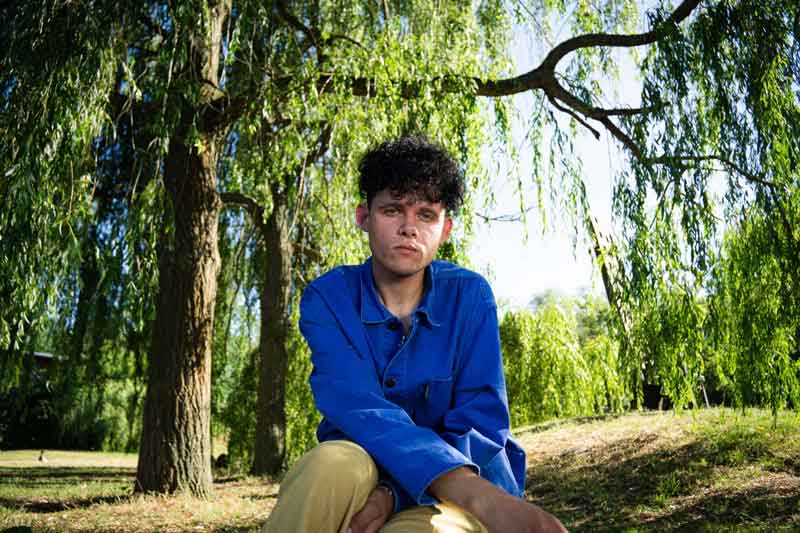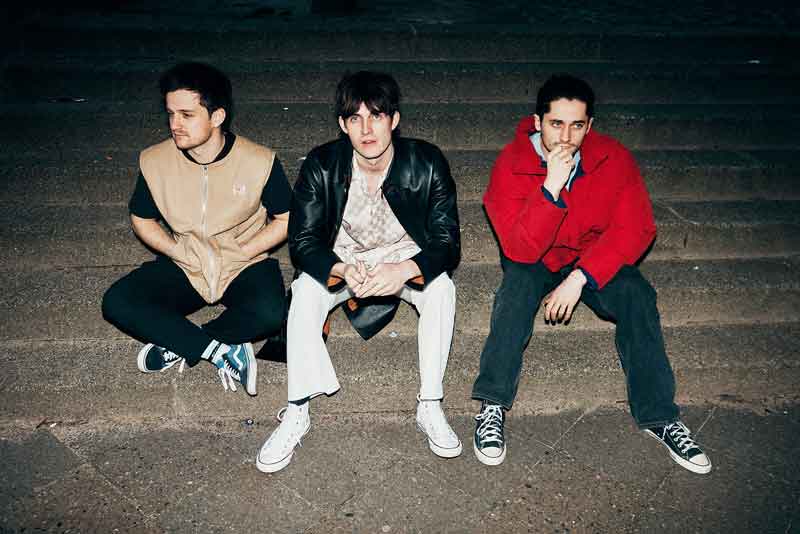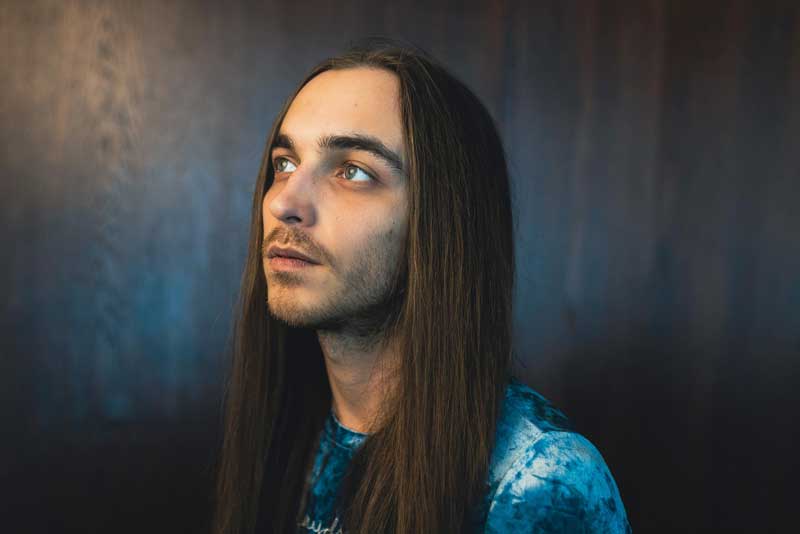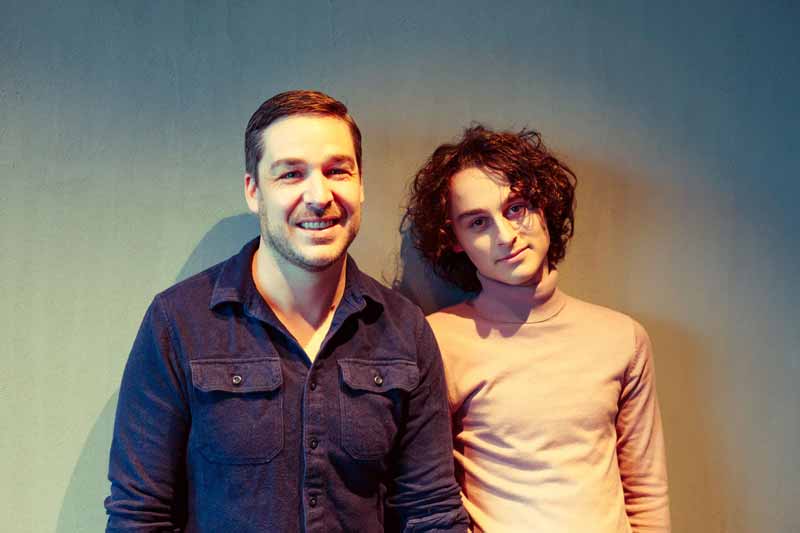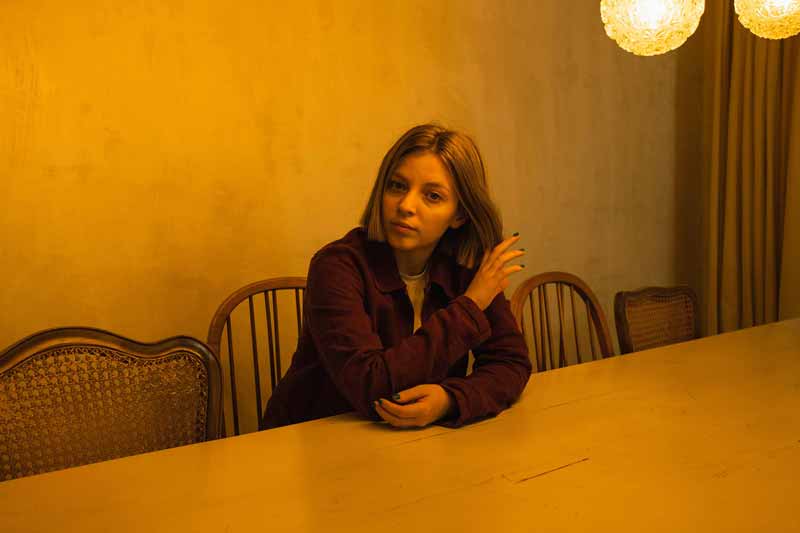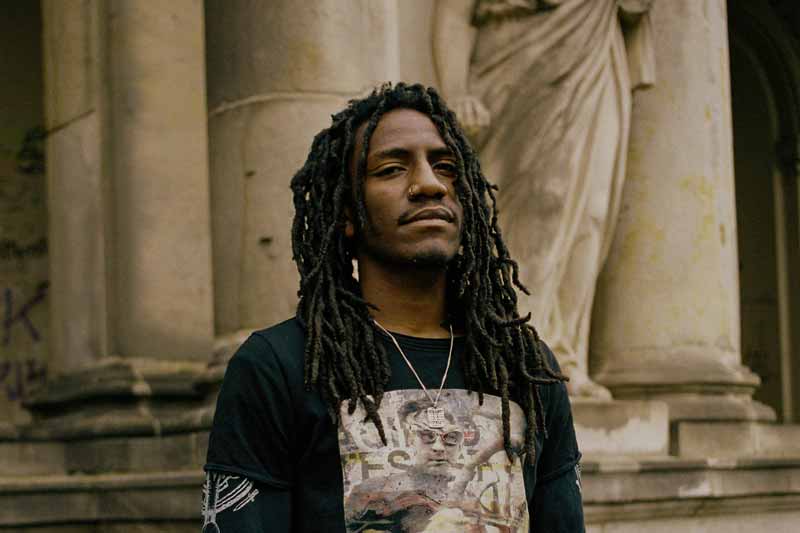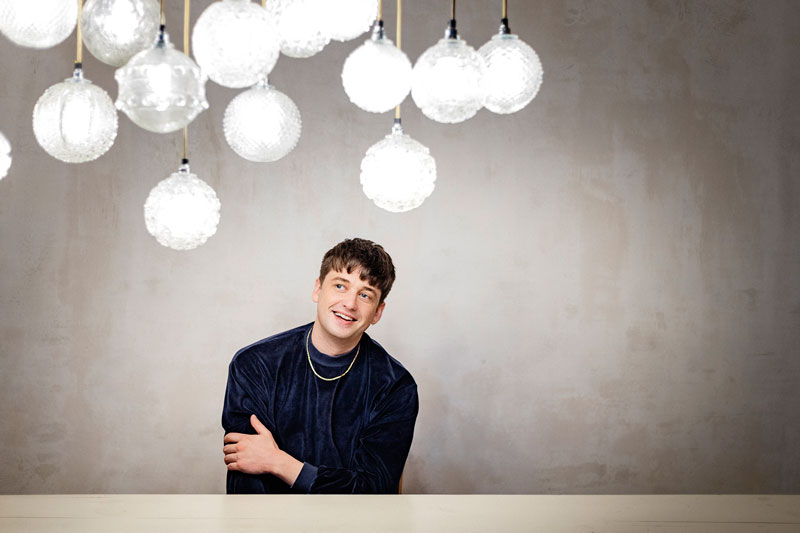Interview — Yungblud
Rebellion Of The Young
With his highly energetic sound, British musician Dominic Harrison aka Yungblud tackles contemporary issues ranging from gentrification to lad culture. An interview about being reluctant to back down.
14. Juni 2018 — MYP N° 22 »Resistance« — Interview: Jonas Meyer, Photography: Tavy Hornbrook
For generations, it seems that older people have told young people how to go about their lives. By 1968 however, young people changed the course of history and pushed towards social justice.
Fifty years later, as populism spreads across the West, young people are once again taking matters into their own hands and pushing towards social justice. Today, teenagers like Emma González, David Hogg or Cameron Kasky are heralded as the heroes of our time. It seems that in 2018, children behave more like adults, whilst adults behave more like children…
We sat down with British musician Dominic Harris aka Yungblud to discuss what it means to be a young person in today’s world. Born and raised in Doncaster, a peaceful town in South Yorkshire, Yungblud tackles contemporary issues ranging from gentrification to lad culture in his highly energetic music.
»What’s so confusing and scary to me is that I feel like we’ve been held back by a generation that doesn’t necessarily understand us.«
Jonas:
You grew up listening to the music of the ‘60s and ‘70s. Would you say that back then, the music played a different role in society in comparison with today?
Dominic:
Yes, I think so. The ‘60s and ‘70s were a time of such great social change. It was the first time ever that kids were saying to their parents, “I think you’re wrong!” It feels like years of oppression had held young people down for so long… things like being back home for dinner at 7 o’clock—so, the music from that generation was like an explosion. I definitely see a comparison with today. Right now, the world is changing as fast as it did back then when real changed happened… I feel like today’s world is such a confusing and scary place—especially for young people. However, I feel like my generation is very intelligent; we have this idea of the world we want to live in.
Jonas:
Your generation means the “Bernie Sanders generation”.
Dominic:
Exactly! We want to live in a liberal, forward-thinking world. But what’s so confusing and scary to me is that I feel like we’ve been held back by a generation that doesn’t necessarily understand us, or feel quite ready for the world to go in that direction just yet. These kinds of ideas are the fundamental basis of my music; I started writing because I was angry, my friends were angry. Now that people have started coming to my gigs, I speak to fans afterwards and they say they feel angry too…
Jonas:
But do you think all young people are angry? It seems that some young people today are more interested in becoming YouTube stars or influencers on Instagram…
Dominic:
The people I grew up around are angry; the majority of young people angry. Especially where I’m from—thanks to issues like Brexit. We’re a generation that is exposed to so much pain and suffering every day; we see the world for what it really is…
Jonas:
Speaking of Bob Dylan, he recently won the Nobel prize in literature. Is he the best example of a good musician? Do you need both good composition and lyrics?
Dominic:
I love Bob Dylan—whenever I’m down, I run a bath, roll a spliff and listen to Bob Dylan. I think he’s the first one whose lyrics really spoke to me. What inspires me the most are well-written lyrics; Alex Turner, Chris Difford, Eminem and Bowie all come to mind. You see, I’ve got ADHD, so I don’t have the attention span for literature. For that reason, I turn to lyrics and rhymes. When I was younger my mum would always encourage me to read books, but I quickly realised that I couldn’t do that. I think this is where I got hooked on music, because the energy matched my energy inside.
»I really thought that I’ll just flutter my eyelashes, wink at the girls, talk about love and I’ll be a star.«
Jonas:
For you, lyrical content seems to be very important. Your songs address issues like gentrification, commercialism, or sexual assault. Why are these topics important to you, both personally and to your music?
Dominic:
Definitely! I’m just so fucking bored of the music that’s being put out today. I think we’ve gotten into a situation where lyrics don’t necessarily matter anymore—at least in the mainstream. The music I grew up listening to spoke about real things and that’s what inspires me today. When I moved to London and started making music, I thought that I should just write whatever’s gonna get me onto the radio—Justin Bieber’s doing that, Shawn Mendes’ doing that. I really thought that I’ll just flutter my eyelashes, wink at the girls, talk about love and I’ll be a star.
Jonas:
Let me guess: it didn’t work.
Dominic:
Right! I was doing that for a year, going into the studio with five producers a week; each of them giving me their opinion about what I was. I remember meeting one producer, who told me that the lyrics I was writing were rubbish. He told me that this wasn’t me—I knew he was right.
Jonas:
Was being in that studio with this producer a moment of realisation for you?
Dominic:
I got so frustrated with all these people telling me what I was—but I knew exactly who I was in that moment. So, I started writing lyrics in my room. And a week later “King Charles” came out, “I Love You, Marry Me” came out and then, another twenty-five songs after that. I think it was in that moment I realised exactly who I was and exactly what I wanted to talk about and exactly who I wanted to represent. Since then, I haven’t really looked back and it’s been fucking crazy.
»I’ve realised that this lad mentality is not acceptable—it’s fundamentally wrong.«
Jonas:
In January you released the song “Polygraph Eyes”. You said on Facebook that this song is “such an important song” to you. Why’s that?
Dominic:
“Polygraph Eyes” was definitely the most important song for me on the EP. The story of “Polygraph Eyes” actually coincides with a situation my friend got into. In my teens, when I was going out in Doncaster and Sheffield in the north of England, I could see girls who were totally drunk get into taxis with boys that weren’t nearly as drunk as they were. It’s only since I’ve grown up a little, that I’ve realised that this lad mentality is not acceptable—it’s fundamentally wrong. I had a lot of female friends growing up and I was surrounded by a lot of very opinionated northern women, so I felt like this was a subject I needed to address. I can’t really remain silent whilst this lad mentally keeps going on.
»It’s fucking cool to care, it’s fucking good to give a shit, it’s good to say what you want.«
Jonas:
In 1977, when the Sex Pistols released their song “God Save The Queen”, they coined the term “no future” that became the label of an entire generation—a generation that was afraid of the Cold War and permanent nuclear danger. Would you say that your generation can be labeled as “no future 2.0”? Or would you define your generation differently?
Dominic:
My generation feels more positive, it’s less about fuck you, fuck you. I’ll reiterate, my generation is so clued up; we see how we want our future to go. I want to spread a message that it’s fucking cool to care, it’s fucking good to give a shit, it’s good to say what you want. I really want to spread that…
Jonas:
…especially with the #MeToo movement.
Dominic:
Definitely! Punk for me isn’t saying “Fuck you!” or playing my drums too loud. I’m someone more like Rosa Parks—she was a punk. The punk I’m trying to promote is, “I’m going to express myself in a way I want to, but to move the world forward”. I feel that’s the way I see my generation going forward.
»I want to encourage people to say what they think—that’s how I think things will change and progress.«
Jonas:
Do you feel like your generation has the power to change? Is this why your music is so powerful and driven?
Dominic:
I’m just saying what I think. I don’t want to tell people what to think. Who am I to do that? Everyone’s entitled to their own opinion and I want to encourage people to say what they think—that’s how I think things will change and progress.
Jonas:
Relating this back to your home country, what British attitudes make you who you are?
Dominic:
What I love about Britain is that I think we’re reluctant to back down, all the time. No matter what happens, I believe we stick our chin up and just try again. No matter how many times we’re beaten down, or how many times we’re told we’re wrong, I think we’ve got this motivation to give it another go. I think that’s why young people in Britain will fundamentally win. If enough young people speak up, they cannot ignore us.
More about Yungblud:
yungbludofficial.com
facebook.com/yungblud
instagram.com/yungbludmusic
twitter.com/yungblud
Photography by Tavy Hornbrook:
Editing by Alexander Salem:
